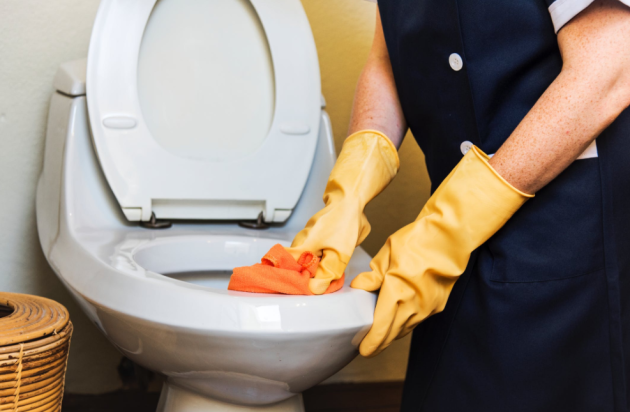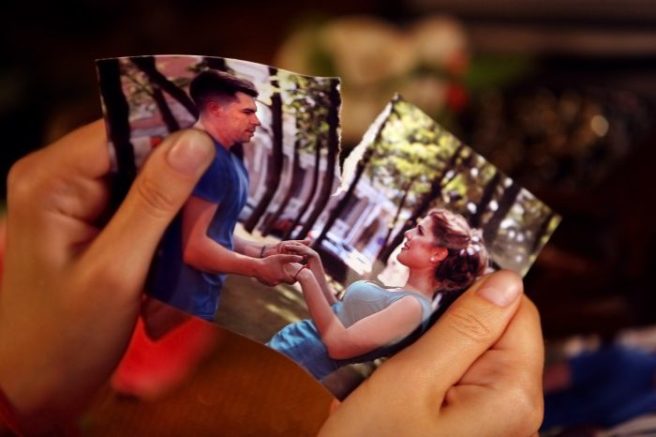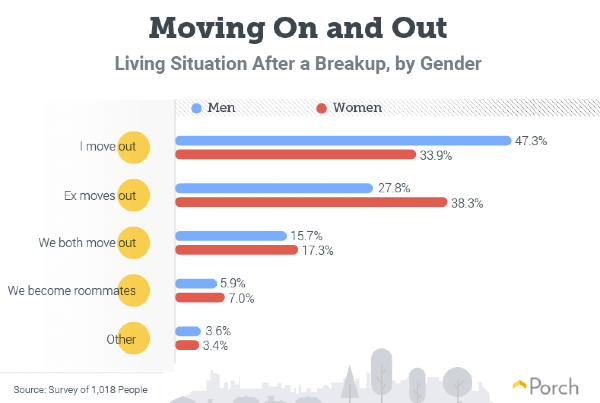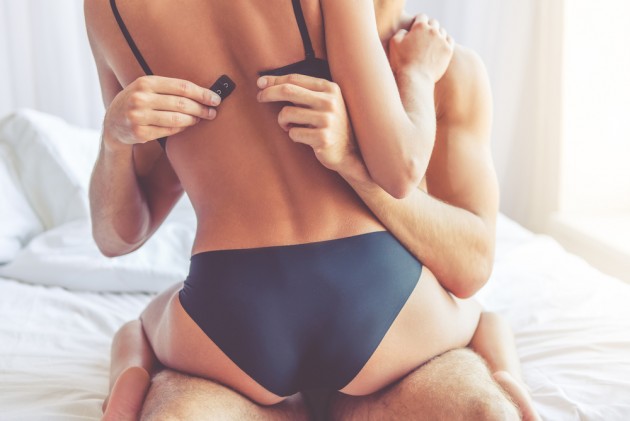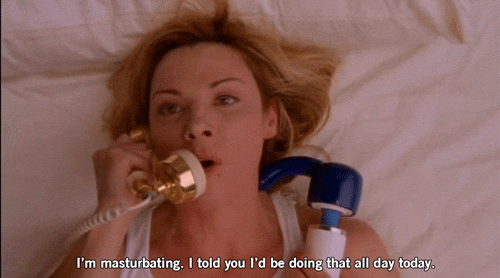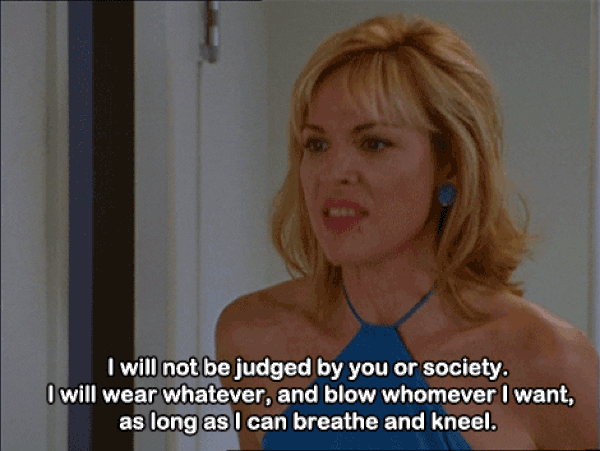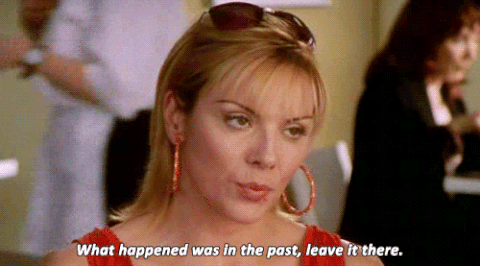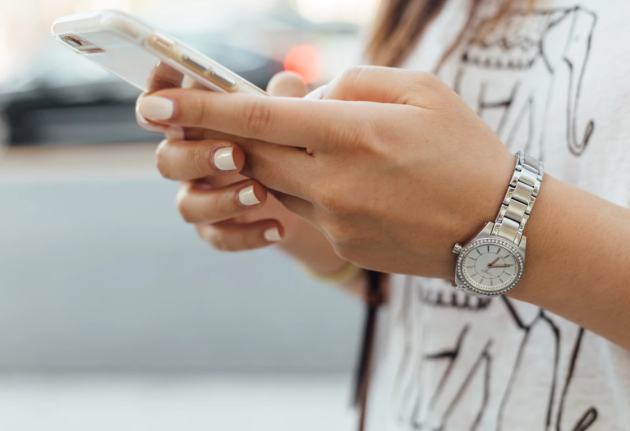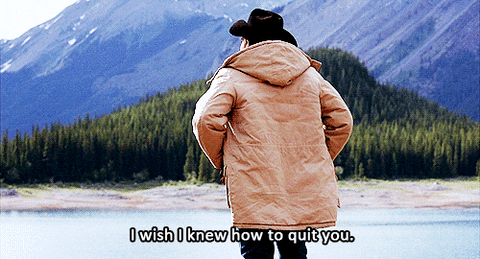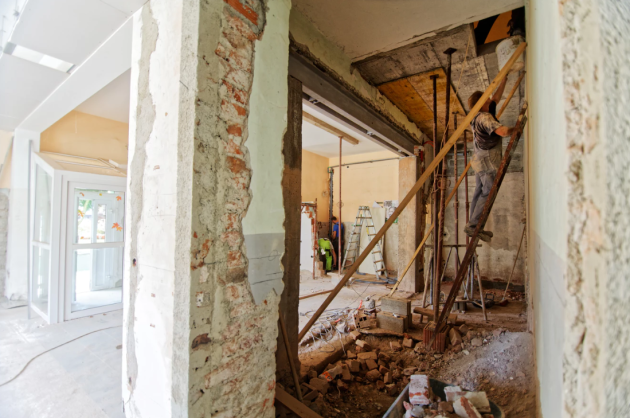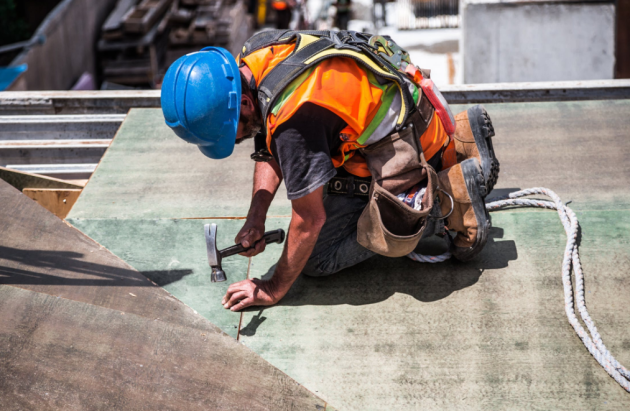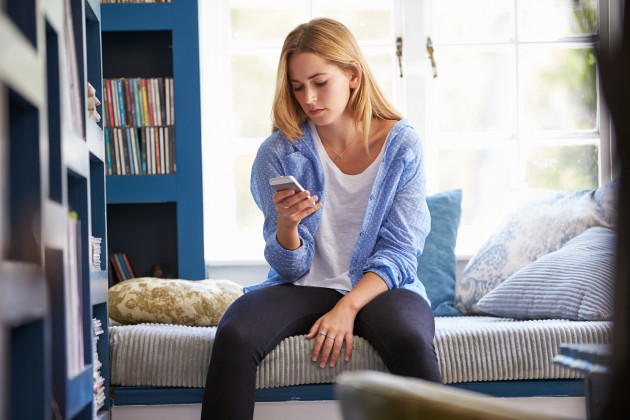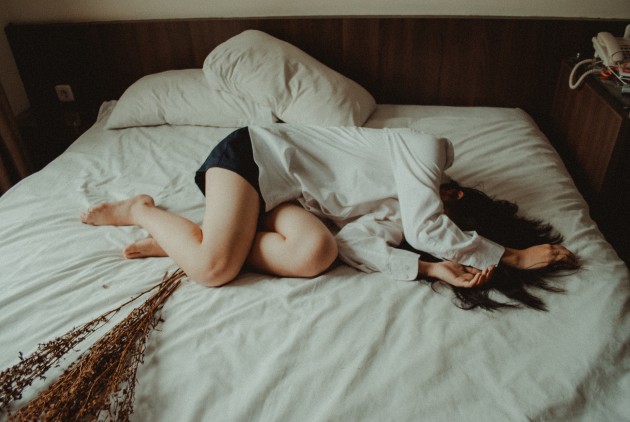
Study reveals 1 in 10 people do THIS when they go to a hotel
Now, we've all packed a laughable amount of things for a holiday and been mocked by our travel buddies when we show up at the airport.
Many of us have brought a suitcase for an overnight stay, or added extra baggage onto our flights for no reason. Especially in this country, when we can never predict what weather we're going to have.
Forgetting a key item while packing is a deep psychological fear. What if we forget our core makeup items? Our medical bag? Our passport? Ourselves? It's a worrying time.

Statistics from QS Supplies have shown that 10 percent of people take bed sheets to hotel rooms with them, because they won't want to use the provided sheets. Um, okay?
The survey of 1,008 people revealed that many of the population (we won't name names) have taken their own bedding on holiday with them to avoid catching germs or contracting bacterial infections.
5.9 percent of the survey respondents also admitted to taking personal cutlery to a restaurant, meaning one in every 16 eaters in any restaurant you go to have possibly snuck in their own knife and fork.

We can't imagine using up vital bag space to stuff in our own sheets and bedding. Those people clearly have some strange priorities that don't involve bringing five pairs of shoes and a shop's worth of cosmetics.
12 percent of people apparently don't think hotel sheets are washed enough to warrant sleeping in them, but we wonder why?
Unless they're stained or have a weird odour or appearance, we're more than happy to sleep in a big, fluffy hotel bed with extravagant pillows and throws.
Now, if someone could just pay for us to head on a weekend away, preferably to a spa, that would be lovely!













